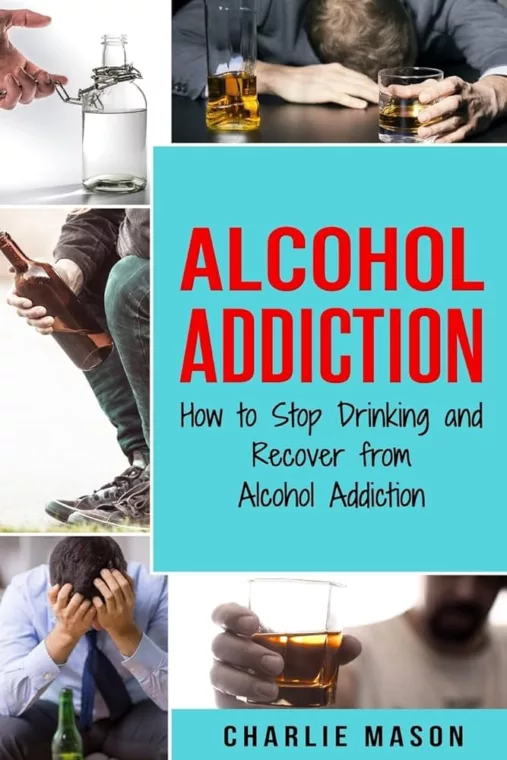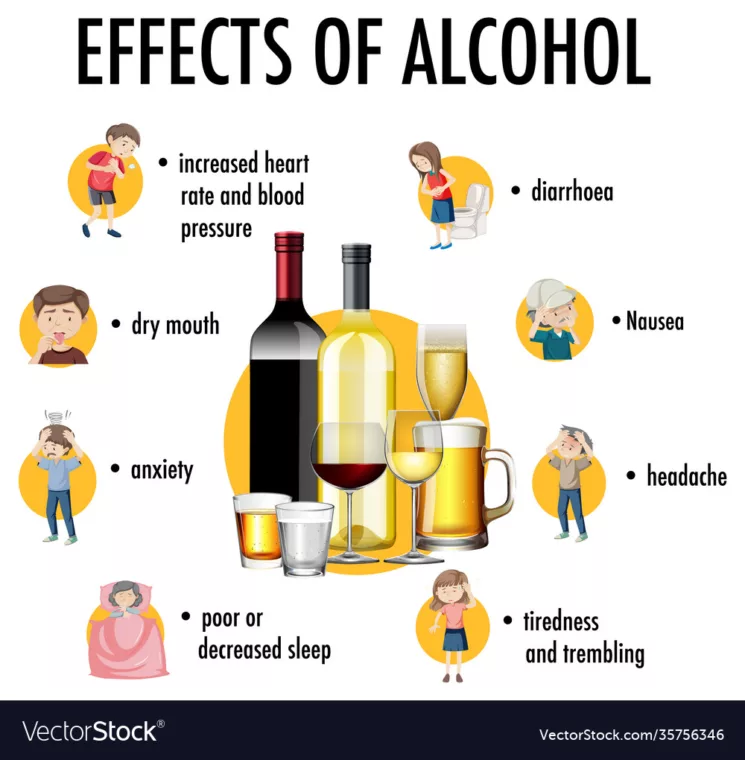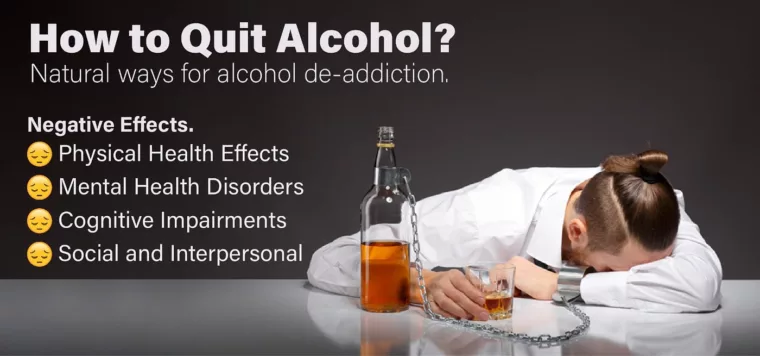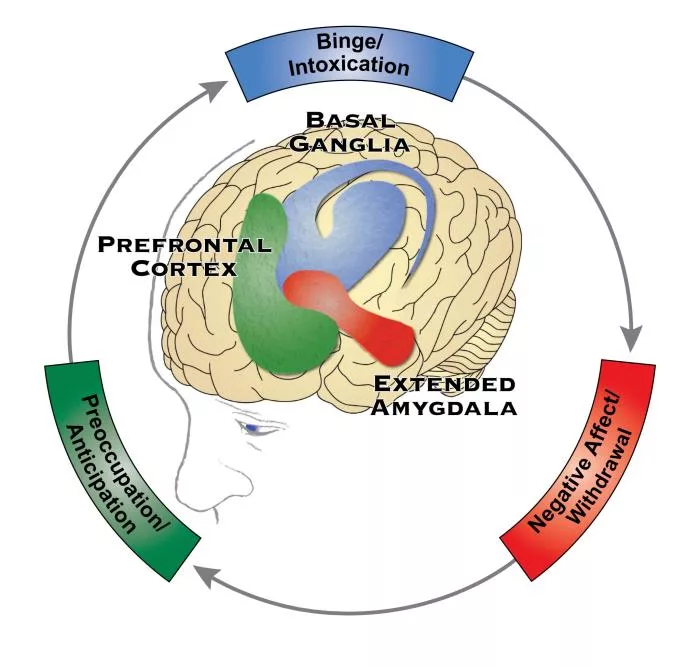Overcoming Alcohol Addiction: A Complete Guide from Professional Help to Self-Diagnosis
The Dangers, Treatment Methods, and Self-Diagnosis Test for Alcohol Addiction

Alcohol addiction has a profound impact on both physical and mental health and negatively affects family, work, and social life. Recognizing these dangers and checking one’s condition while seeking appropriate treatment is crucial. Below, we will explore the dangers of alcohol addiction, treatment methods, and a simple self-diagnosis test.

- Dangers of Alcohol Addiction Physical health issues: Long-term excessive drinking can lead to liver disease, heart disease, etc.
- Mental health issues: It can cause or worsen conditions such as depression and anxiety
- disorders. Social issues: It can lead to family and work problems, as well as legal issues.
- Financial issues: Excessive spending on alcohol can lead to financial difficulties.
- Treatment Methods Professional counseling: Doctors or specialists may propose personalized treatment plans.
- Treatment programs: These may include individual/group counseling and cognitive-behavioral therapy.
- Medication: Drugs may be used to reduce cravings or exacerbate the effects of alcohol.
- Participation in support groups: For example, attending meetings of Alcoholics Anonymous (AA).
- Maintaining healthy lifestyle habits: Regular exercise and a nutritious diet are important.
- Self-Diagnosis Test Here are some simple questions for self-diagnosing alcohol addiction. The more times you answer ‘yes,’ the more necessary it might be to consult a professional.

Do you drink alcohol more than five times a week?
Do you feel anxious or restless when you don’t drink? Are you unable to sleep without drinking? Have you tried to reduce your drinking but failed? Have you had problems with family or friends because of your drinking? Has your drinking caused problems at school or work? Do you often regret things you do while drinking?
If you answered ‘yes’ to several of the above questions, it may be worth considering the possibility of alcohol addiction. In such cases, it is essential to seek professional help for an accurate diagnosis and treatment.
Alcohol addiction is a challenging issue to tackle alone, but with the right support and treatment, it can be overcome. If you or someone you know is suffering from alcohol addiction, seeking professional help early is the first step towards recovery. Understanding the risks associated with alcohol addiction, exploring appropriate treatment options, and accurately assessing one’s condition are crucial steps in overcoming addiction.

Additional Explanation on the Risks of Alcohol Addiction
Alcohol addiction is not a mere habit but a disease that can lead to serious physical ailments such as cirrhosis, high blood pressure, and brain damage. Mentally, it can cause memory loss, impaired judgment, and failure in emotional regulation, which can destroy an individual’s daily life and social relationships. Especially if the alcoholic is a family member, it can lead to conflicts and discord within the family.

Through consultation with a professional, a personalized treatment plan can be developed based on the individual’s condition. The treatment program may include cognitive-behavioral therapy to foster psychological stability and encourage positive thinking. Medication may be necessary to address the physical problems caused by alcohol addiction, under the guidance of a professional. Participation in support groups can greatly aid recovery through mutual support based on empathy. Healthy lifestyle habits are a crucial part of the treatment process, where regular exercise and a balanced diet are essential for mental and physical health restoration.

The Importance of Self-Diagnosis Tests
Self-diagnosis tests are useful tools for individuals or their acquaintances to determine if they are in the early stages of alcohol addiction. These tests allow for an objective assessment of one’s drinking habits and, if necessary, timely professional help. Since the chances of recovery increase with early intervention, it is important to regularly check one’s drinking patterns.

Recognizing the risks of alcohol addiction, exploring appropriate treatment methods, and seeking professional help when necessary are vital to minimizing the damage caused by addiction and returning to a healthy life.